- Out-of-Stock
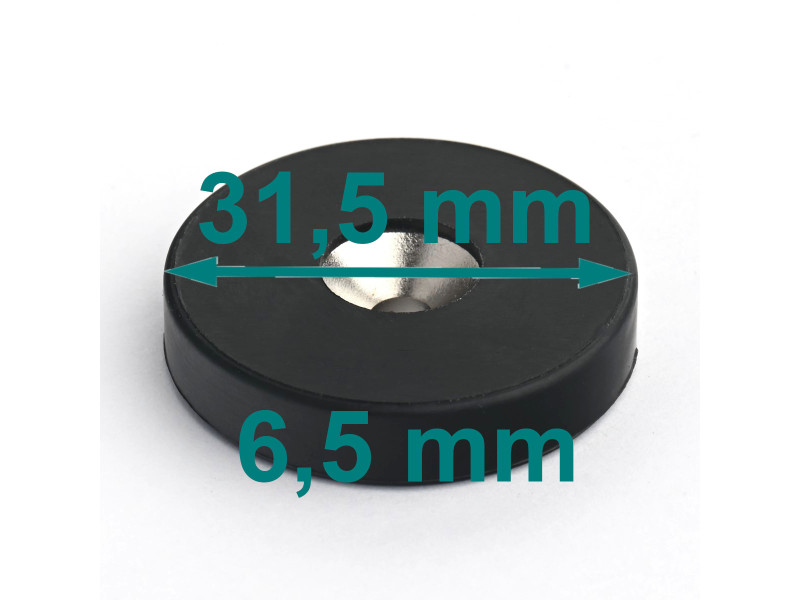





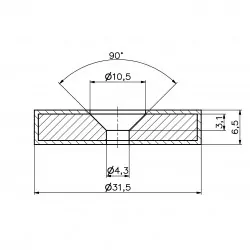

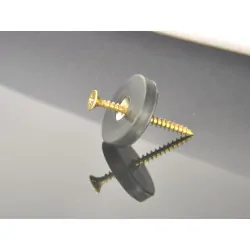






Polityka bezpieczeństwa (edytuj za pomocą modułu „Bezpieczeństwo klienta”)

Zasady dostawy (edytuj za pomocą modułu „Bezpieczeństwo klienta”)

Zasady zwrotu (edytuj za pomocą modułu „Bezpieczeństwo klienta”)
remanence Br |
~1,28 [T] |
coercivity HcB |
min. 876 [kA/m] |
coercivity HcJ |
min. 955 [kA/m] |
| The magnetic properties of the material are not identical for every magnet. The measurement results for different magnets will vary due to the inherent heterogeneity of the magnetic material and the measurement tolerances of the measuring device. |
Density |
~7,5 [g/cm3] |
Vickers’ hardness (HV) |
~600 [kg/mm2] |
Resistivity |
~144 [uOhm x cm] |
If you require neodymium magnets manufactured to strict specifications, please send us your enquiry along with your requirements.
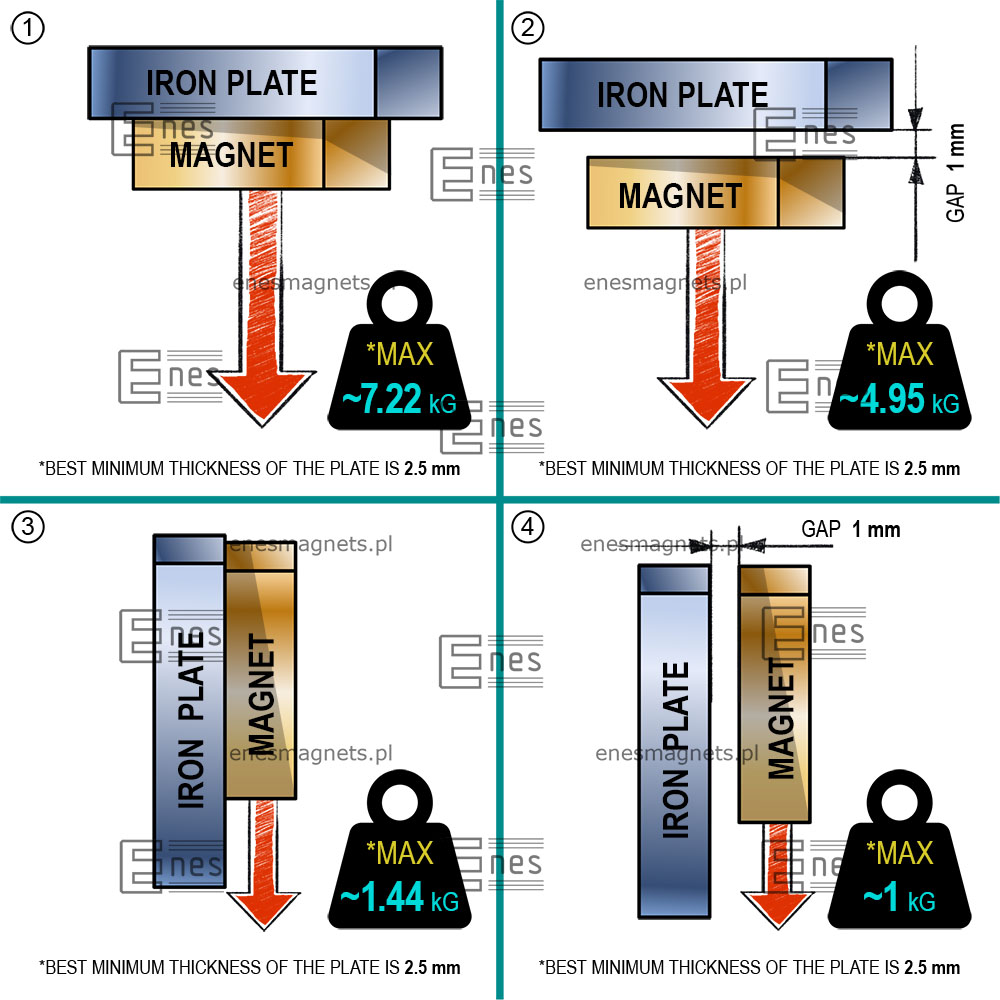
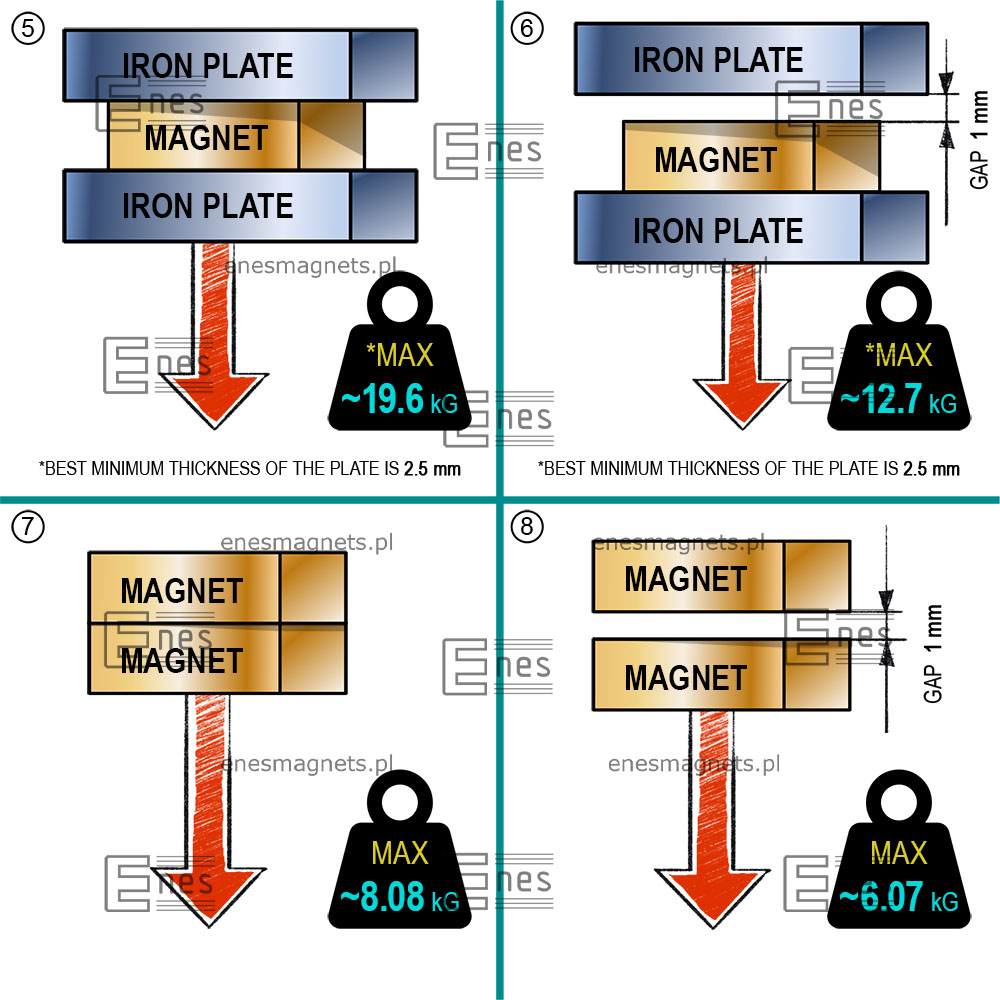
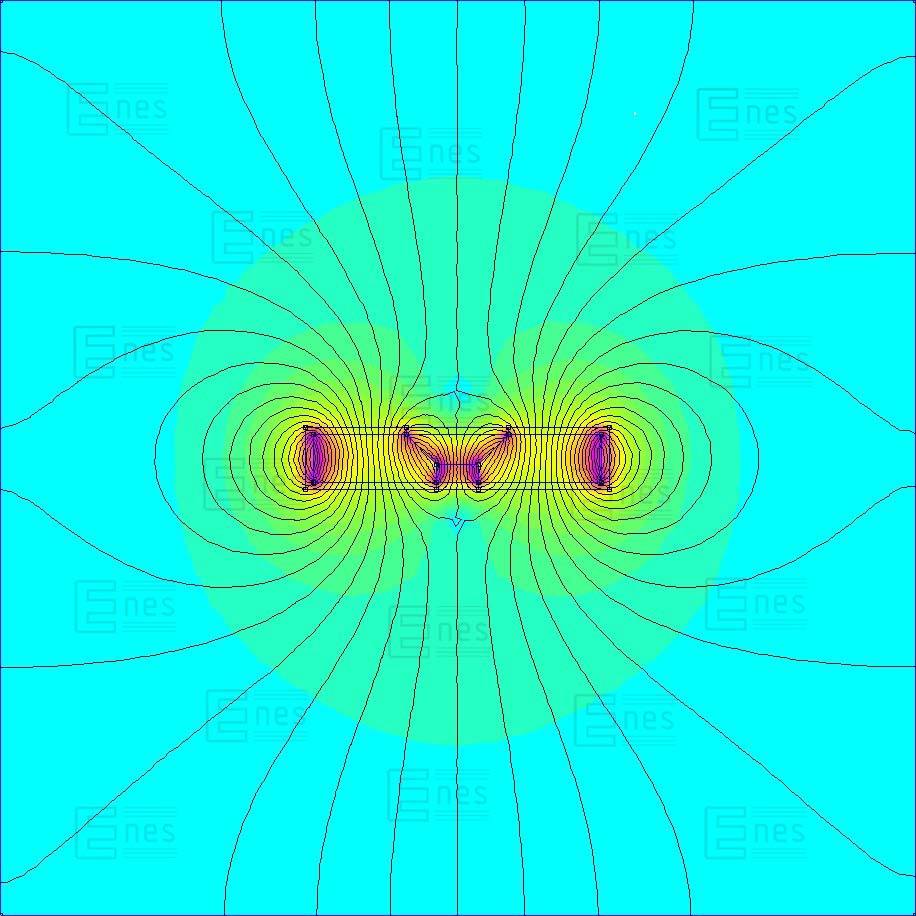
This is a round magnet with hole, ring magnet, with hole for countersunk screw head.
It is a rubberised, rubber-coated magnet in a rubber casing. The rubber largely prevents the magnet from breaking during knocks and impacts. The magnet has a chamfered hole for mounting using a screw or a screw with a pointed head.
It is a neodymium magnet. It has two poles, which means it is double-sided. It has been protected against corrosion by nickel plating and rubber coating. The maximum operating temperature is no more than 80 degrees Celsius. Neodymium magnets stick to metal surface. You can attached magnet to surfaces made of ferromagnetic materials. This magnet is strong for its dimensions. This is a screw-on neodymium magnet. Neodymium magnet to screw on. Neodymium countersunk hole disc. Neodymium magnetic disc with a countersunk hole.